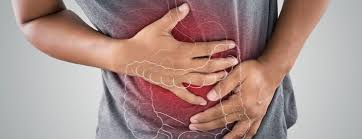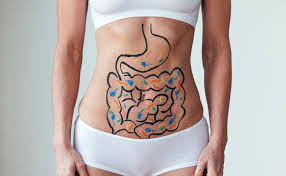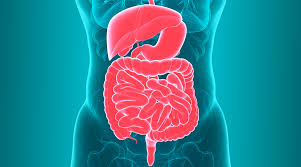Introduction
Diverticulosis is a common condition where small pouches, called diverticula, form in the walls of the colon. These pouches can become inflamed or infected, leading to a condition called diverticulitis. While the exact cause of diverticulosis is not fully understood, diet plays a significant role in its management and prevention. Adopting a diverticulosis diet can help alleviate symptoms and reduce the risk of complications. In this blog post, we’ll explore what to eat and what to avoid when following a diverticulosis diet.
The Diverticulosis Diet:
The Diverticulosis Diet is a carefully curated eating plan designed to manage and prevent symptoms associated with diverticulosis, a common condition characterized by the formation of small pouches in the colon wall. This diet emphasizes the consumption of high-fiber foods such as fruits, vegetables, whole grains, and legumes, which promote digestive health and regular bowel movements. Additionally, the diet encourages the inclusion of lean proteins, healthy fats, and dairy alternatives while limiting processed foods, red meat, refined grains, and potential trigger foods like seeds and nuts. By following the principles of the Diverticulosis Diet, individuals can support their digestive system, alleviate discomfort, and reduce the risk of complications associated with diverticulosis.

What to Eat:
High-fiber Foods
Incorporating high-fiber foods into your diet is crucial for managing diverticulosis. Fiber helps soften stools and promotes regular bowel movements, reducing the risk of constipation and straining. Good sources of fiber include fruits, vegetables, whole grains, legumes, and nuts. Aim for at least 25-30 grams of fiber per day.
Fruits and Vegetables
Fresh fruits and vegetables are excellent choices for individuals with diverticulosis. They are rich in fiber, vitamins, minerals, and antioxidants, which promote digestive health and overall well-being. Some fiber-rich options include apples, berries, oranges, broccoli, carrots, and spinach.
Whole Grains
Opt for whole grains such as whole wheat bread, brown rice, quinoa, oats, and barley instead of refined grains. Whole grains are higher in fiber and nutrients, making them beneficial for digestive health. Look for products labeled “100% whole grain” or “whole wheat” to ensure you’re getting the most benefits.
Legumes
Legumes, including beans, lentils, and chickpeas, are excellent sources of fiber and protein. They can be easily incorporated into soups, salads, stews, and casseroles, adding both flavor and nutrition to your meals. Rinse canned legumes to reduce their gas-producing properties.
Healthy Fats
Include healthy fats in your diet, such as those found in olive oil, avocados, nuts, and seeds. These fats provide essential nutrients and help maintain heart health. Use olive oil for cooking and salad dressings, snack on a handful of nuts, or add avocado slices to sandwiches and salads.
What to Avoid:
Processed Foods
Minimize your intake of processed foods, including fast food, packaged snacks, sugary treats, and processed meats like bacon, sausage, and deli meats. These foods are often low in fiber and high in unhealthy fats, sodium, and additives, which can exacerbate symptoms of diverticulosis.
Red Meat
Limit your consumption of red meat, such as beef, pork, and lamb, as it may increase the risk of diverticulitis flare-ups. Instead, choose leaner protein sources like poultry, fish, eggs, and plant-based alternatives like tofu and tempeh.
Refined Grains
Avoid refined grains like white bread, white rice, and regular pasta, as they lack fiber and essential nutrients. These foods can contribute to constipation and may worsen symptoms of diverticulosis. Opt for whole grain alternatives to support digestive health.

Dairy Products
Some individuals with diverticulosis may experience symptoms triggered by dairy products, particularly those with lactose intolerance. If dairy aggravates your symptoms, consider lactose-free options or alternatives like almond milk, soy milk, or lactose-free yogurt.
Seeds and Nuts
Historically, doctors recommended avoiding seeds and nuts for fear that they could get lodged in Diverticulum and cause inflammation. However, recent research suggests that there’s no conclusive evidence to support this claim. If you find that seeds and nuts worsen your symptoms, it’s best to avoid them or consume them in moderation, finely ground or chewed thoroughly.
Conclusion
A well-balanced diverticulosis diet rich in fiber, fruits, vegetables, whole grains, lean proteins, and healthy fats can help manage symptoms and reduce the risk of complications. By incorporating nutrient-dense foods and avoiding potential triggers, individuals with diverticulosis can support digestive health and enhance overall well-being. It’s essential to listen to your body, stay hydrated, and work with a healthcare professional or registered dietitian to develop a personalized diet plan that meets your individual needs and preferences.







